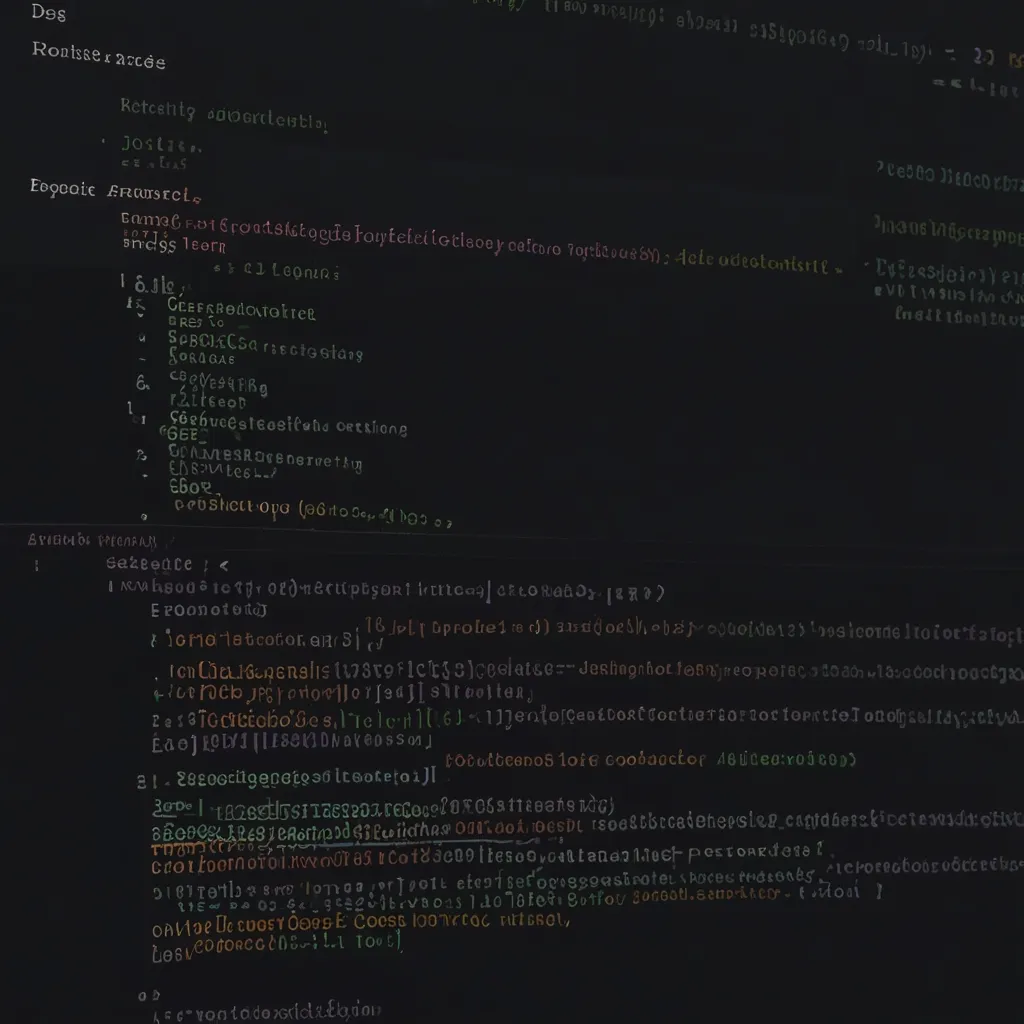Lua, the lean but mighty scripting language, has been making waves since it first saw the light of day back in 1993. Crafted by a brilliant team at the Pontifical Catholic University of Rio de Janeiro in Brazil, Lua—meaning “moon” in Portuguese—has shined brightly in diverse fields like game development and embedded systems. And it’s no surprise, given its elegant simplicity and efficiency.
Lua’s Journey
Lua started its life as an extension language, answering the increasing demand for software customization. Simplicity, efficiency, and easy embeddability were its design pillars. No wonder it quickly charmed developers needing a seamless scripting language to embed within their applications.
A big part of Lua’s charm lies in its flexibility. It’s a multi-paradigm ace, supporting procedural, object-oriented, functional, and data-driven programming styles. This versatility lets developers pick and choose the style that fits their problem the best—whether they’re spinning complex game logic, working on tightly constrained embedded systems, or tackling other hefty projects.
Why Lua is a Performance Beast
Lua isn’t just about flexibility, though. It’s wicked fast. Known for being one of the fastest interpreted scripting languages, Lua can handle massive tasks without breaking a sweat. That’s a game-changer for realms like game development, where you need both blistering speed and the knack for rapid prototyping. Ever wondered how games like World of Warcraft, Roblox, and Garry’s Mod stay so nimble and dynamic? Yep, Lua’s their secret sauce.
Then there’s Lua’s astounding portability. Written in ANSI C, Lua’s interpreter can easily hop across platforms—from Unix and Windows to mobile devices and microprocessors in embedded systems. This means you can build applications that run smoothly on different environments without a hiccup.
Seamless Integration
Let’s talk embeddability. Lua integrates into existing applications with grace. Thanks to its tiny footprint and straightforward API, it’s a breeze to embed it into other software. Take Adobe Lightroom, for instance—Lua is at the heart of expanding its functionalities. Plus, key system software in FreeBSD and NetBSD also leverage Lua’s prowess, demonstrating the language’s wide-ranging utility.
Gamer’s Delight
The gaming industry has thoroughly embraced Lua. Whether you’re parsing game logic or crafting dynamic interactions, Lua’s fast execution and ease of use make it a no-brainer. Classic titles like Escape from Monkey Island and Grim Fandango owe some of their interactive magic to Lua scripts. Its knack for managing procedural objects and intricate scenes make it a go-to for game developers keen on building vibrant, interactive worlds.
Tiny Giant in Embedded Systems
Lua’s talents aren’t confined to gaming. In the realm of embedded systems and IoT devices, Lua shines brightly. Its lightweight nature and efficient performance fit like a glove in scenarios where memory and processing power are at a premium. From the Ginga middleware for digital TV in Brazil to various industrial control systems, Lua’s versatility proves invaluable across a spectrum of critical applications.
A Community That Cares
Lua doesn’t just have a fanbase—it has a community. A lively, supportive one filled with libraries, tools, and comprehensive documentation. There’s a lot of love poured into the Lua mailing list and Lua Workshops, where both newcomers and seasoned developers gather, exchange ideas, and grow. This collaborative spirit ensures that help, inspiration, and resources are never far away.
Real-World Magic
When you strip it down to simple scripts, the magic of Lua becomes apparent. Picture a game where characters roam freely, interact with their surroundings, and react to changes. Enter Lua. With a few lines of code, you can bring static characters to life, making them move, act, and engage.
Let’s say you want a character to move around:
-- Define a character's movement function
function moveCharacter(character, direction)
if direction == "up" then
character.y = character.y - 10
elseif direction == "down" then
character.y = character.y + 10
elseif direction == "left" then
character.x = character.x - 10
elseif direction == "right" then
character.x = character.x + 10
end
end
-- Example usage
local character = {x = 100, y = 100}
moveCharacter(character, "up")
print("Character position: ", character.x, character.y)
This snippet beautifully illustrates Lua’s simplicity and power—enabling basic yet impactful scripts that can slot seamlessly into a game’s engine.
Modularity Wins the Day
Lua’s modular design is another showstopper. You can break down your code into bite-sized, reusable modules, taming the complexity beast in larger projects. Imagine having a module dedicated to game physics and another for user interface management. This modular approach helps keep things neat and manageable.
Here’s a peek at how easy modules can be:
-- mymodule.lua
local M = {}
function M.greet(name)
print("Hello, " .. name)
end
return M
-- main.lua
local mymodule = require("mymodule")
mymodule.greet("Alice")
This straightforward example showcases how Lua’s modularity champions code reusability and organizational bliss.
Pulling Out the Big Guns
For those diving into Lua’s deeper end, advanced features like metatables, metamethods, and coroutines await. Want to implement object-oriented programming or manage concurrent tasks efficiently? Lua’s got you covered. These advanced tools let you push the boundaries, crafting more complex and robust scripts.
Summing It Up
Lua stands tall as a versatile, lightweight scripting language that’s as relevant today as it was at its birth. Its simplicity, stellar performance, and ease of embedding make it the darling of developers touching everything from game development to embedded systems. Whether you’re just getting your feet wet or you’re a seasoned coder, Lua’s rich feature set and supportive community make it a fantastic tool for bringing your programming dreams to life. So, dive in, explore, and let Lua’s elegant simplicity illuminate your coding journey!






